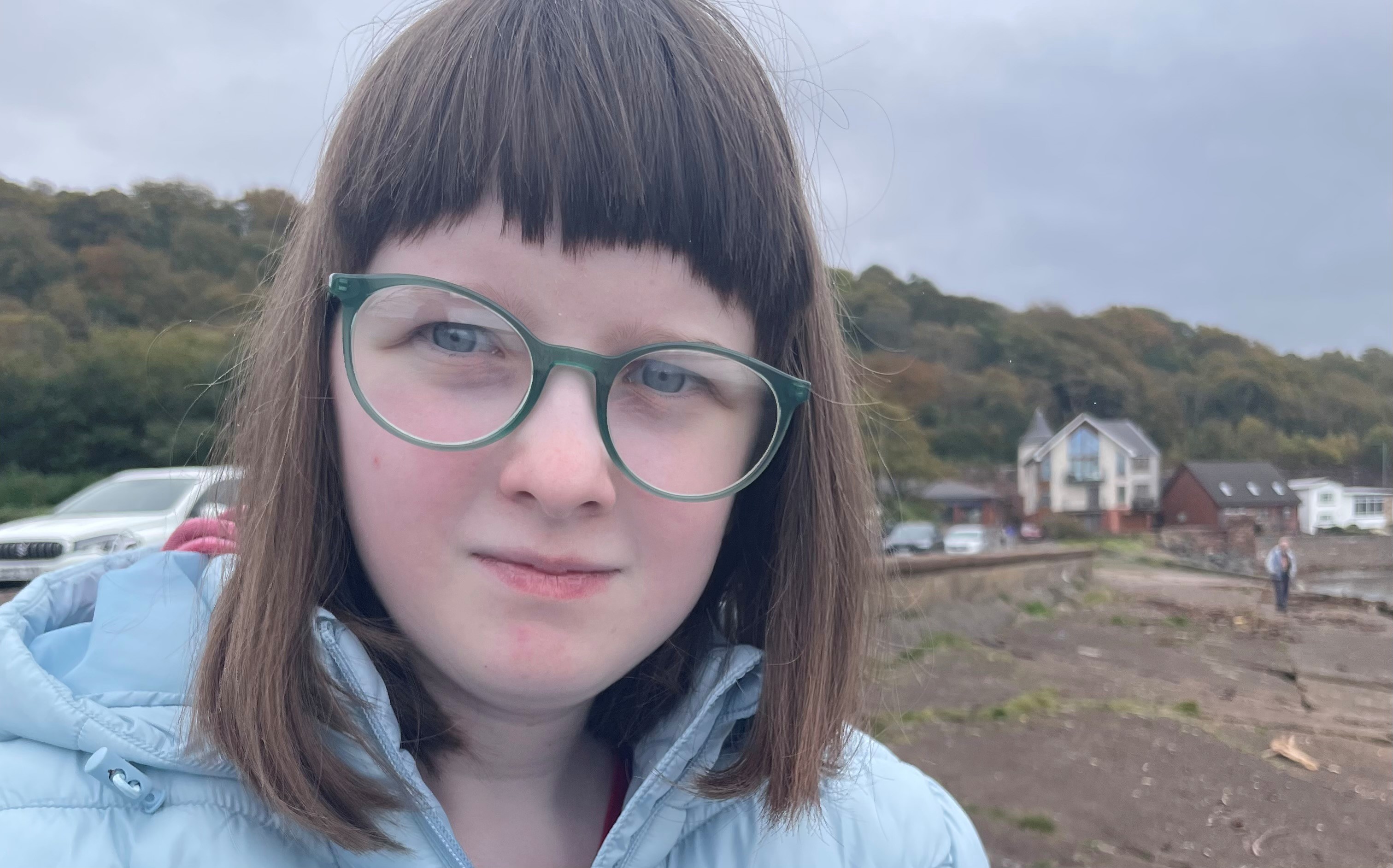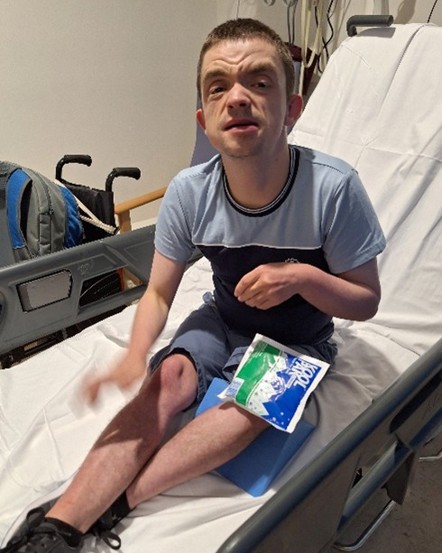Always anxious

Miriam Gwynne
Full time mum and carer for two truly wonderful autistic twins. I love reading, writing, walking, swimming and encouraging others. Don’t struggle alon...

It started young but everyone kept telling me she’d outgrow it. The usual crying whenever someone else held her or not feeding for anyone but mum. I too thought it was a developmental stage and I hoped things might ease.
But then she wouldn’t crawl, too scared to hurt herself or get dirty.
She wouldn’t try solid food as the change made her far too anxious.
She wouldn’t weight bear even though physically she was able.
She was 3 before she took her first steps, not because her body was weak but because even then anxiety held her back.
Toilet training caused so much stress as she froze whenever underwear was put on her as she feared getting wet or dirty.
Starting nursery she couldn’t speak, bound by such severe anxiety she was diagnosed selective mute.
Starting school she wouldn’t leave my side and I had to physically take her into the building everyday. She cried silently in the classroom for months shaking with fear.
Months later she was diagnosed as suffering from separation anxiety.
Still now as a teenager she won’t leave the house without me even into the garden.
Her diet was always very limited, too fearful to even try new foods for fear she might be sick or unable to remove the taste. By 8 she was diagnosed with an eating disorder known as avoidance restrictive food intake disorder (ARFID).
For two full years at nursery and seven years at primary school she never once spoke to anyone, such was her deep rooted anxiety about being criticised or getting into trouble.
She never ever broke the rules.
She masked to hide from anyone noticing her.
She only completed work when she knew she could do it for fear of ever getting anything wrong.
She hated ball games or anything physical for fear she might hurt herself or hurt others.
She would never raise her hand or volunteer and she hated anyone so much as looking at her.
Professionals told me frequently it was just part of having autism but yet her anxiety never eased or settled. Things became so awful in high school she had a mental breakdown after less than a year resulting in having to be educated at home.
Anxiety is part of who she is now. It’s about managing that, reassuring her, supporting her in every way we can.
The reality is though that some people are sadly just always anxious. It impacts everyone differently and results in so many children and young people being misunderstood and punished.
The more we think of behaviours as anxiety the more we can help our children and young people. They need us to be kind, patient and consistent.
They need us to understand that they are always anxious and accept them for exactly who they are without judgement.


